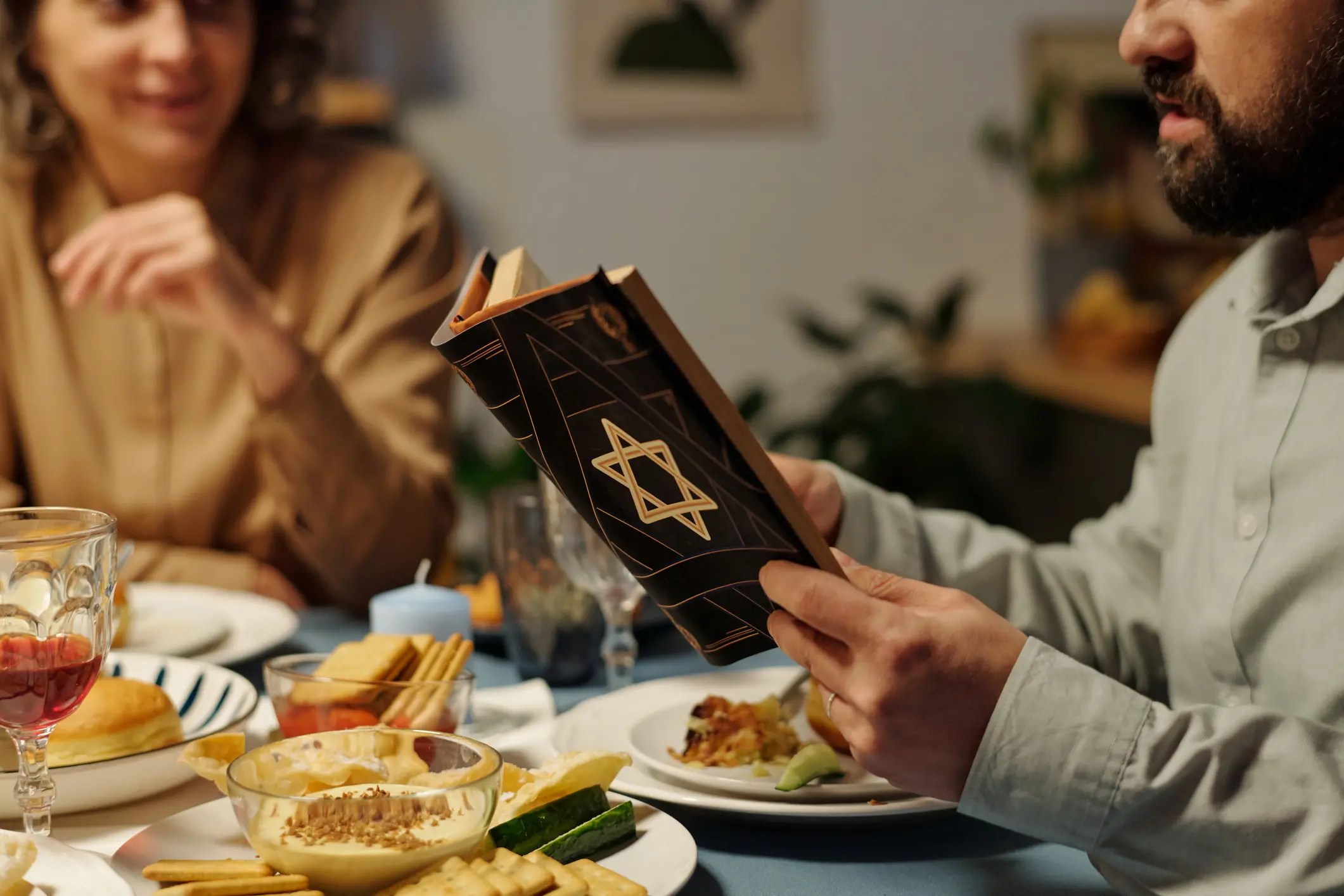Copyright thejc

The Institute for Jewish Policy Research (JPR) has done sterling research in examining “what works” when it comes to enhancing Jewish identity. Its research suggested that there is not one specific programme or intervention that will magically intensify Jewish feeling. There is no silver bullet. Human beings are, by nature, influenced by many different variables, so proving that one single variable will somehow affect Jewish identity is always going to be a chimera. The stand-out element of the research was that children who had been brought up within stronger Jewish frameworks at home tended to have the strongest connection to Jewish identity. This was found to be stronger than any other initiative, such as camps or youth organisations or even Jewish schools. What happens at home is more important than any of that. It would be difficult to ignore the powerful force that parents have upon their children, the way that they learn both helpful and unhelpful things in their life from them. Whether consciously or unconsciously, children receive messages from their parents that are modelled or introjected into their psyche, both consciously and unconsciously. The Torah itself implicitly believes in this method of education. In the Shema we are told “you shall teach your children” – the best way to teach Judaism is the transmission of our tradition from parent to child. Jewish law tells us that only if you are unable to teach your child the Torah should you hire a teacher. It is clear that the ideal is through familial Mesorah – the handing down – of our traditions because there is something personal, emotional and beautiful about a parent teaching their child – something a school could never provide. Yet it would be short-sighted to assume that just because parents have certain values that all children will have exactly the same ones by osmosis. I am sure that many of us know families in which some children have the same values as their parents when it comes to religion, just as we know of families in which the values of parents are not the same. Just thinking of this makes me feel a little nervous and helpless as a parent who would like their children to follow in their ways. If what happens at home is the strongest correlate of Jewish heritage, and that is not a perfect process, what chance do we stand as parents who wish to pass on our glorious traditions? Luckily, there is psychological research that can help us. There are important mitigating factors that facilitate the transmission of values from one generation to another. There is an extensive list, but for the purposes of this article, I will focus on three. The first is the parenting style of the parents in the way that they transmit Jewish values. Research suggests that consistency of communication affects children in a positive way. It’s not just the act of lighting candles on Friday night when it suits us that makes a difference; it’s lighting every week on Friday night. The consistency is in itself an indicator that the parents take their heritage seriously, and this will make an imprint on the children. Taking our children to synagogue once every few weeks will not create the imprint of value and importance. Time taken for any given activity is a massive indicator of value. The second element is warmth. It’s not only the quantity, but the quality of our convictions that makes the difference. Is Kiddush on Friday night just something that we do, or something that we are actively excited about? Is preparation for Yom Tov a chore and a pain, or is it done with a sense of anticipation? Children model not only the actions of their parents; they internalise the care and quality that their parents exhibit when they express values which are close to their hearts. Finally, a powerful way of ensuring that we can transfer this sense of value to our children is to give them ownership of key elements of their Jewish journey. When they are old enough, let them say Kiddush with you on a Friday night. Let them lead the songs of Grace after Meals. When they feel confident enough, let them express what they learnt about the weekly parashah. Give them the opportunity to ask any questions they have and treat their questions with seriousness. The more parents empower their children to value their Judaism and to see that their interest and love in Judaism is valued, the greater the chances are that they will love it and value it as well. Rabbi Steven Dansky is the senior rabbi of Cranbrook United Synagogue



